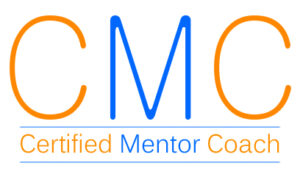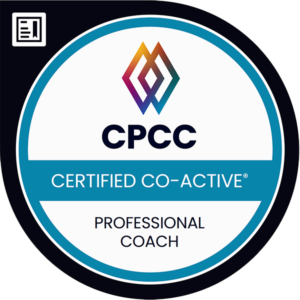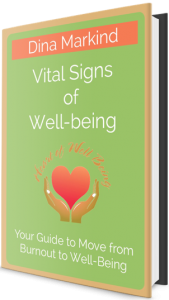Last week I lost a close friend, a wonderful, warm, bright, loving, curious man who died within several weeks of receiving a leukemia diagnosis. The loss is hard and a reminder of the limitations of all the good intentions, knowledge and technology which we bring to the care of our patients. In this case, it is also a reminder of the powerlessness I feel when I think about how all of this caring doesn’t’ have the impact on the ones I care about most.
Working in health care reminds us of our vulnerability and our limitations. There are times when the management of illness seems to be mostly documentation with minimal, if any, effective treatment. When we are continually confronted with our inability to have a positive impact, there is a negative impact on us. This shows up as diminished sense of personal accomplishment and lower self-value, hallmarks of burnout.
You are not alone in feeling sad, powerless and frustrated when your care doesn’t yield the hoped for results. Sometimes, we, nurses and physicians, tend to distance ourselves from our patients and our own emotions as we repeatedly confront losses. We may try to numb ourselves from experiencing the painful feelings. The problem with this is that it tends to numb us from feeling generally. When we cut off feeling in one type of emotion, it blocks the flow of emotions generally.
“Letting Go” rituals, at the end of the day, taking even a few moments to let go of the disappointments, anger and frustrations large and small can be helpful. Most wisdom traditions encourage a sort of daily review which provides a structure to look back on your day, let go of the negative and hope for a better tomorrow. Often these provide you with ways to forgive others as well as to forgive yourself and connect with compassion.
The limitations of our treatments, can be hard to bear. It is often sad when patients die, especially when they are young and still needed. Often what we resist persists. Thus we must experience these limitations and the associated feelings.
How do you make time to experience these difficult emotions? And if you don’t what happens to you? Leave comments by clicking the text bubble at the top of the blog post. For more personal ways to bring well-being into your life, contact me.
To reconnect with your well-being, join Rx for Physician Happiness; sign up at the bottom of the page.
Revitalize Your Life,
Dina, 203.744.YOU3 (9683)
If you like this post and know others who may benefit from it, please share. If you’re not yet on my list, please sign up at HeartofWellBeing.com to receive articles regularly.





